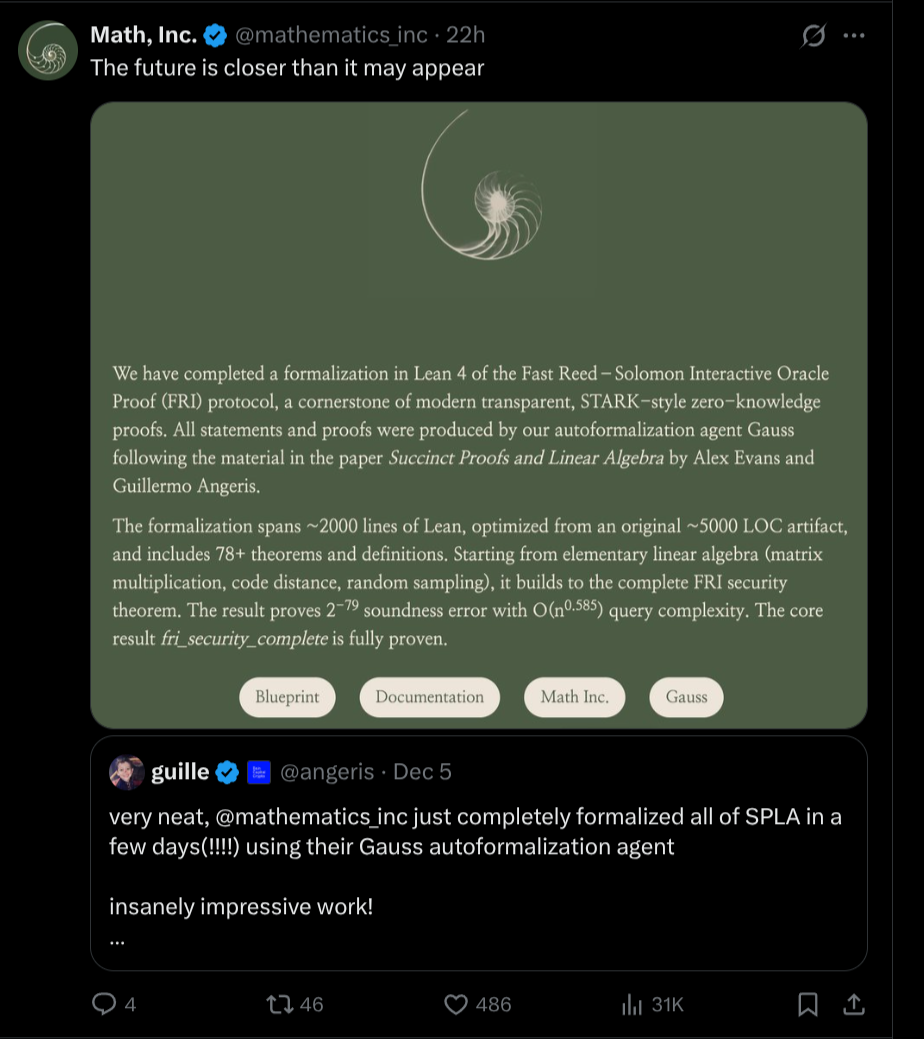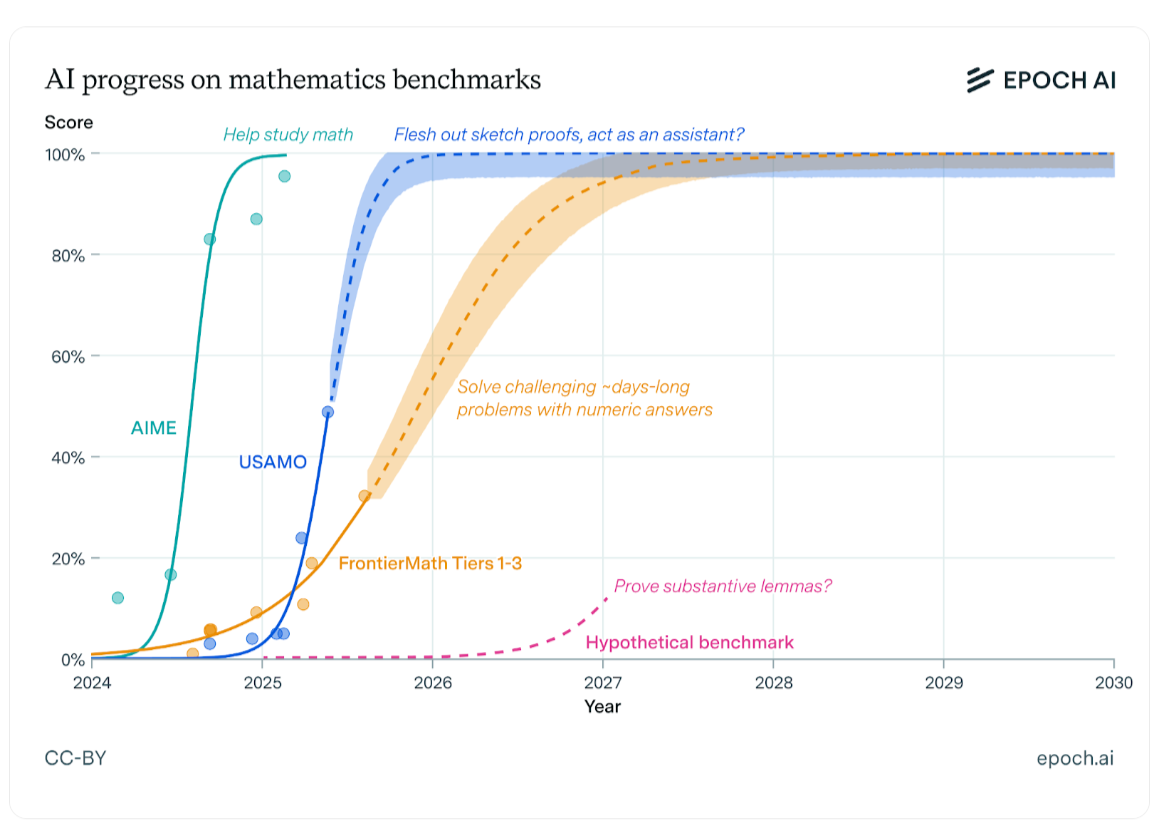
Resolves as YES if the first valid proofs of the Collatz Conjecture and the Riemann Hypothesis occur within 12 months of one another before January 1st 2050.
If valid proofs of neither have been unveiled by this question's end date, then question resolves as N/A. If a valid proof of one is published/revealed on or after January 1st 2049, but a valid proof of the other is not made public at this question's closing date, then it resolves as N/A.
The dates considered are those when the proofs become public knowledge for the first time (simply being left on a public webserver does not count, there must be substantial academic awareness of the proof). The final verification of a proof does not have to occur rapidly after the date on which is first becomes known in the context of this question.
If a verified proof of one becomes known on or before December 31st 2048, but no verified proof of the other becomes known in the subsequent 12 months -- and there is sufficient confidence/evidence that any credible candidate proofs of the other which emerge in the subsequent 12 month period are not valid -- then this question resolves as NO. Proofs that either demonstrate these conjectures/hypotheses or show that they are undecidable are both considered valid in the context of this question.
The resolution date of this question may be extended to add any necessary time to perform verification of potential proofs.
Proofs that either is false are equally acceptable.
@MalachiteEagle The generalized Collatz is undecidable, and if you try to calculate busy beaver numbers you quickly run into Collatztype problems.
@nathanwei It’s not proven that the standard 3n+1 (Collatz) problem is undecidable. What has been shown is that certain generalized versions of Collatz are Turing‐complete, which implies those generalized versions are undecidable. But that result doesn’t automatically carry over to the standard Collatz problem. As of now, the usual Collatz conjecture is still open, with no proof that it’s decidable or not—just a lot of numerical evidence
@MalachiteEagle I know that it has not been proven that it's undecidable. But it is very likely undecidable. This is what I said here https://manifold.markets/MalachiteEagle/will-the-first-valid-proofs-of-the#de35a8ump8 ...
@nathanwei I don't agree that the logic you're describing suggests that it's very likely undecidable.
@nathanwei I updated the question criteria to include proofs that these conjectures are undecidable to have a more inclusive question.
@nathanwei now that you mention it, would be good if there was a separate question about whether collatz will be proven undecidable or not

